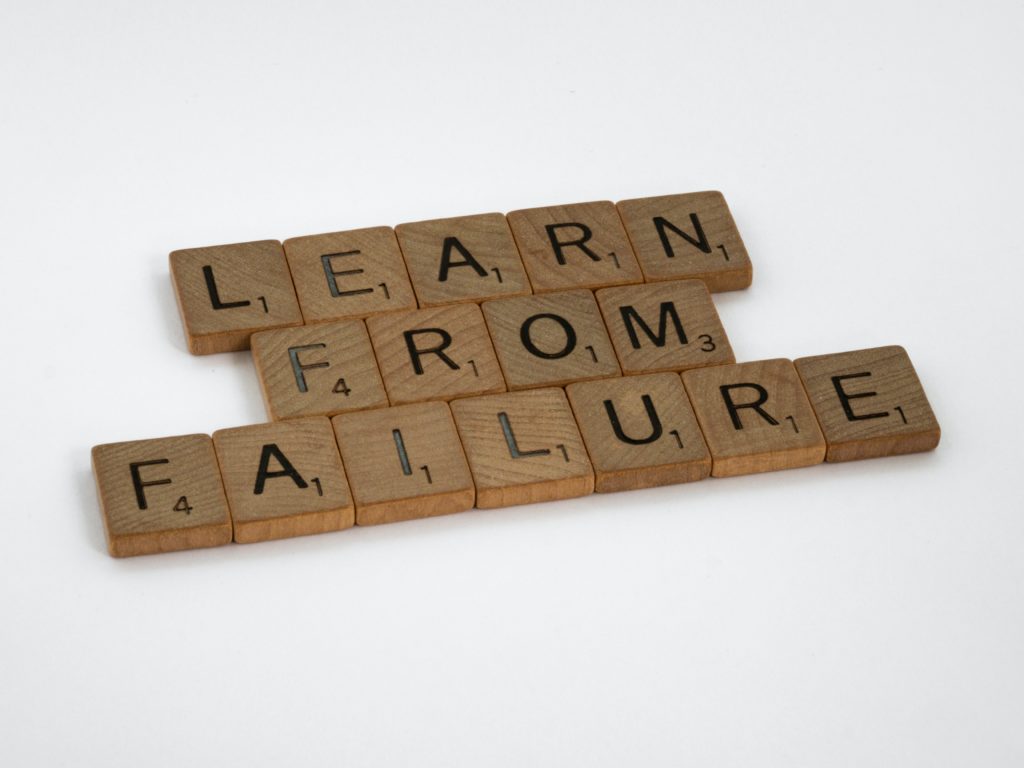How Perfectionism Hurts Performance

In athletics, we are often encouraged to be “perfect” through the celebration of PRs and wins and the disappointment or punishment of mistakes and losing (anyone else ever have to do bleachers for each free throw missed?). While pushing ourselves makes sense in the pursuit of reaching our highest potential, we can see how perfectionism hurts performance. Excellence is striving to do your best while maintaining grace, fun, and perspective. Perfectionism looks more like the following:
- Strict expectations about performance- “I can’t make mistakes.” “I have to set a personal best.” “I can never miss a day.”
- Pre-game anxiety, worry, or tension that leaves you unable to eat, makes you throw-up, or not want to participate.
- Obsessed with winning- can’t focus on enjoying the moment and sport because you’re so concerned with winning.
- Wants to succeed so badly that it causes anxiety, depression, eating disorder, addiction- “I have to win at all costs”
- Links self-esteem with level of performance- “I didn’t win so I’m worthless”
- Impatient with results and wants to improve quickly- “Nothing I do is good enough. I should be better”
- Worrying too much about what others think- “Everyone is disappointed in me for not winning”
Perfectionism usually starts from a well-intentioned desire to grow and get better. We know that to reach our athletic goals we have to practice commitment and consistency. The moment that perfectionism gets mixed up with excellence, things tend to get messy. We become overly rigid and hard on ourselves thinking that’s what it takes to perform at our highest potential. It’s confusing because this often produces short-term results that reinforce that what you are doing is helpful. Long-term perfectionism is not sustainable and ultimately leads to unhappiness and decreased performances.
How Perfectionism Hurts Performance
- Never shooting your shot because you’re afraid of missing. You can’t reach your potential if you don’t take a risk but you can’t take a risk because you’re afraid you might “fail.” You limit your abilities because you only do what you know you are capable of instead of setting some scary goals and seeing what happens.
- Comparing yourself to others. You’re unable to focus on your training because of a concern about what others are doing and comparing if you are doing enough. In a race, this may look like focusing on competitors “looking smooth or having a good day” and then comparing how you believe you look, feel, and perform to them.
- Spiraling. You are a little slower on one rep than you planned, instead of letting it go and moving on to the next you beat yourself up spiraling in thoughts of “failing, being too slow…” You tank your workout because you’re too hard on yourself. Negative thoughts could carry on into your day and next run crushing your joy and self-belief.
- Believing your self-worth is tied to your performance. How are you supposed to run fast with the giant weight of your value and worth on your back?
- Anxiety. You want to be perfect but know you can’t be, so everything is a failure, so you try harder, but it’s still not good enough, so you try even harder. This vicious cycle plays on repeat in your head, which leads to feelings of anxiety and worthlessness.
Perfectionism as an athlete steals the joy out of sport and also increases the likelihood of mistakes, quitting, and burnout. If this is you look to reframe your thoughts and address core beliefs around sport. Here are some activities that can help:
- As Many Wins as Possible- List all the positives or ‘wins’ from your race or workout. Examples could be things you are proud of or areas you’ve improved. Try to list at least 3 daily.
- Journal through some of the prompts:
- My greatest strength as a runner/triathlete/swimmer is…
- I am proud that I…
- I am not afraid to…
- My core beliefs about myself as an athlete are…
- Something that I can do that I couldn’t last year…
- If I were willing to breathe deeply and feel my own power…
- Do something you’re afraid of- We can talk all day about how scary it is to get on the elevator and we can imagine getting on it but nothing pushes back on the fear of getting on the elevator like actually getting on the elevator. For a perfectionist doing something that you might “fail” at is a nightmare but in order to rewrite the narrative that you can’t fail you have to put yourself in situations that you can and even do.
Perfectionism loves to sing the siren song of success but what you end up with is a whole lot of self-loathing and anxiety. Embrace the messy, make mistakes, fail some, laugh a lot, and enjoy what you do. Only once you have embraced the imperfect do you realize that the imperfect is actually the secret sauce to achieving your highest potential.

Haleigh Fisher is a Licensed Professional Counselor working with athletes to help them train and live happy by helping them develop mental skills and embrace their strengths. She is a former Division I cross country athlete turned trail runner and uses her experience as a competitive athlete and mental health clinician to connect with clients and help them unlock their potential. Haleigh describes herself as a joy seeker, a trail running adventurer, a celebrator of food, an artist, and a lover of people; thrift shopping; and cupcakes.








